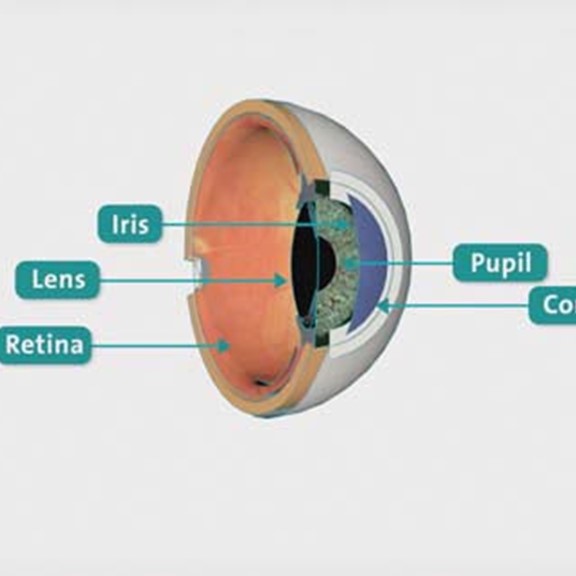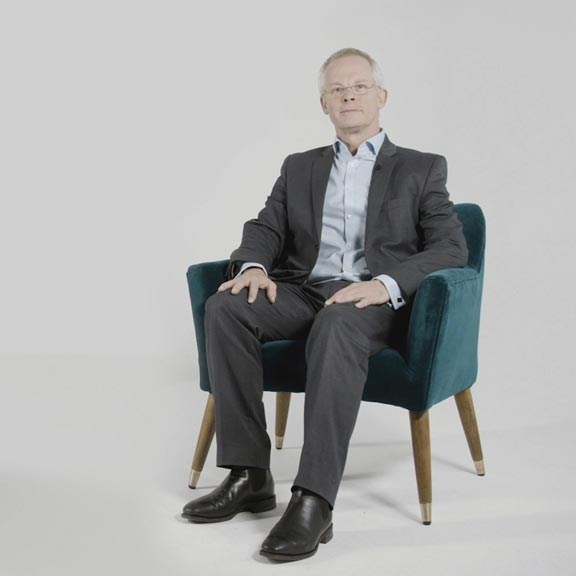Private cataract surgery Reading
Improve blurred vision caused by cloudy areas on the lens of the eye.
At Spire Dunedin Hospital, we use trusted and clinically proven techniques to improve blurred eyesight caused by cataracts and get you back to everyday life.
During cataract surgery, your consultant will remove the cloudy lens in your eye and insert a clear artificial lens.
Sometimes also called
- Phacoemulsification
At a glance
-
Typical hospital stay
A few hours -
Procedure duration
1 hour -
Type of anaesthetic
Local -
Available to self-pay?
Yes -
Covered by health insurance?
Yes
Why Spire?
- You can usually see a consultant within a few days of enquiry
- Specialist in a wide range of treatments
- Clear, simple pricing and flexible payment options
Cataract surgery: what to expect at Spire Dunedin Hospital
At Spire Dunedin Hospital, we use trusted and clinically proven techniques to improve blurred eyesight caused by cataracts and get you back to everyday life with better vision.
During cataract removal surgery, your consultant will remove the cloudy lens in your eye and insert a clear artificial lens.
How much does Cataract removal surgery cost at Spire Dunedin Hospital
There are many ways to pay and our inclusive prices and access to payment plans make it easy and more affordable, even if you don’t have medical insurance.
| Cataract surgery with eyesight correction | |||
|---|---|---|---|
| Initial consultation | £150 | ||
| Treatment price | £3,249 | ||
| Aftercare | Included | ||
| From price | From £3,399 | ||
|
Monthly treatment price (Loan applicable to the treatment cost and excludes the initial consultation) |
£164 | ||
| Representative example | |
|---|---|
| Loan amount | £2,749 |
| Deposit | £500 |
| Loan period | 18 months |
| Representative APR | 9.9% |
| Total amount repayable | £2,952 |
The price shown is the ‘from price’ (ie the minimum cost of the procedure). Please note that for some procedures the actual price you are quoted may vary significantly and can increase depending on your choice of Consultant (who is an independent practitioner and not an employee of Spire). The fees charged by Consultants and Anaesthetists are set independently and are outside the control of Spire. The price may also vary depending on the type of anaesthetic, implant or drug used, and your medical history.
Spire Dunedin Hospital can provide you with a single, fixed price for your procedure so there are no surprises. Please read Spire Healthcare's terms and conditions for full details of what’s included and excluded in your fixed price when paying for yourself. Finance options are available through our partner Omni Capital Retail Finance Ltd, 10 Norwich Street, London, EC4A 1BD.
Procedures offered for cataract surgery at Spire Dunedin Hospital
At Spire Dunedin Hospital, a range of intraocular lenses are available, depending on your eye and your visual needs. Your consultant will help you choose the best option for you:
- Monofocal – high quality fixed-focus optics that corrects either short or long sight and can be selected to favour distance or reading vision
- Multifocal and trifocal - these lenses correct both near and distance vision, aiming to reduce dependence on glasses
Both monofocal and multifocal/trifocal lenses are also available with toric optics to correct astigmatism. You may still need to wear glasses afterwards, depending on your eyesight and your choice of lens.
Find a consultant at Spire Dunedin Hospital
Preparing for cataract surgery at Spire Dunedin Hospital
Getting here
Spire Dunedin Hospital is conveniently situated close to the heart of Reading, on the A4 Bath Road. We’re a short walk from Reading West station and a 10 minute taxi from Reading mainline station, which has 30 minute direct train rides to and from London. If you’d like to drive to your appointment, we have free parking on-site for you and your visitors.
Outpatient consultation
When you arrive, our nursing staff will measure your vision and instil drops to dilate your pupils, so that your consultant can examine the inside of your eye. The drops will blur your vision so it's important that you don't drive yourself to the appointment. Your consultant will check that you have cataracts and that your eyes are otherwise healthy.
During the consultation we'll measure the size and shape of your eye using specialist non-contact biometry equipment so that your consultant can calculate the power of the intraocular lens implant that your eye needs. It's helpful if you can bring any glasses that you wear with you, along with a copy of your glasses prescription if you have one
Cataract surgery: your procedure
On the day of your procedure, you’ll come into Spire Dunedin Hospital and meet your healthcare team. If you’ve come with a friend or family member, they’re welcome to wait in our lounge or restaurant while you have your operation.
You may wish to bring a change of clothing in case the fluid used to clean your eye accidentally comes into contact with what you are wearing.
You’ll be given a local anaesthetic in your eye, and your consultant may also give you a sedative to make you feel more relaxed during the procedure.
When you’re ready, your consultant will:
- Make a small incision (cut) into the front of your eye (the cornea)
- Remove your cloudy lens using phacoemulsification – this breaks up the lens into small fragments
- Insert your new intraocular lens
Cataract surgery: your recovery
After your cataract surgery, you’ll be taken to a recovery room to relax until your surgeon says you’re ready to go home. This is usually a few hours after cataract surgery.
Although everybody’s different and you should always follow your consultant’s advice, here’s a typical recovery timeline for cataract surgery:
Treatment and recovery timeline

1 week
Any eye pain, redness or itching should go
7-14 days
Stop wearing eye shield at night
10-14 days
Clear eyesight restored
4-6 weeks
Fully back to normal
-
1 week
Any eye pain, redness or itching should go
-
7-14 days
Stop wearing eye shield at night
-
10-14 days
Clear eyesight restored
-
4-6 weeks
Fully back to normal
The treatment described on this page may be adapted to meet your individual needs, so it's important to follow your healthcare professional's advice and raise any questions that you may have with them.
How to get to us
A 10-minute taxi ride from Reading railway station, we provide medical care to patients in Berkshire and the Thames Valley.
Spire Dunedin Hospital,
Bath Road
Reading
RG1 6NS
Get in touch
Important information about COVID-19 tests
COVID-19 testing or antibody tests are not available as a standalone service at Spire Dunedin Hospital.
Sources
https://www.nhs.uk/conditions/cataracts/ https://www.nhs.uk/conditions/cataract-surgery/recovery/
http://www.rnib.org.uk/eye-health/your-guide-cataracts/when-should-i-have-cataracts-surgery
http://www.rnib.org.uk/campaigning-current-campaigns/eye-health
https://www.nice.org.uk/guidance/ng77/chapter/recommendations#referral-for-cataract-surgery
https://www.rcophth.ac.uk/wp-content/uploads/2014/12/2010-SCI-069-Cataract-Surgery-Guidelines-2010-SEPTEMBER-2010-1.pdf
https://www.rnib.org.uk/eye-health-eye-conditions-z-eye-conditions/cataracts-laser-treatment-following-cataract-surgery




